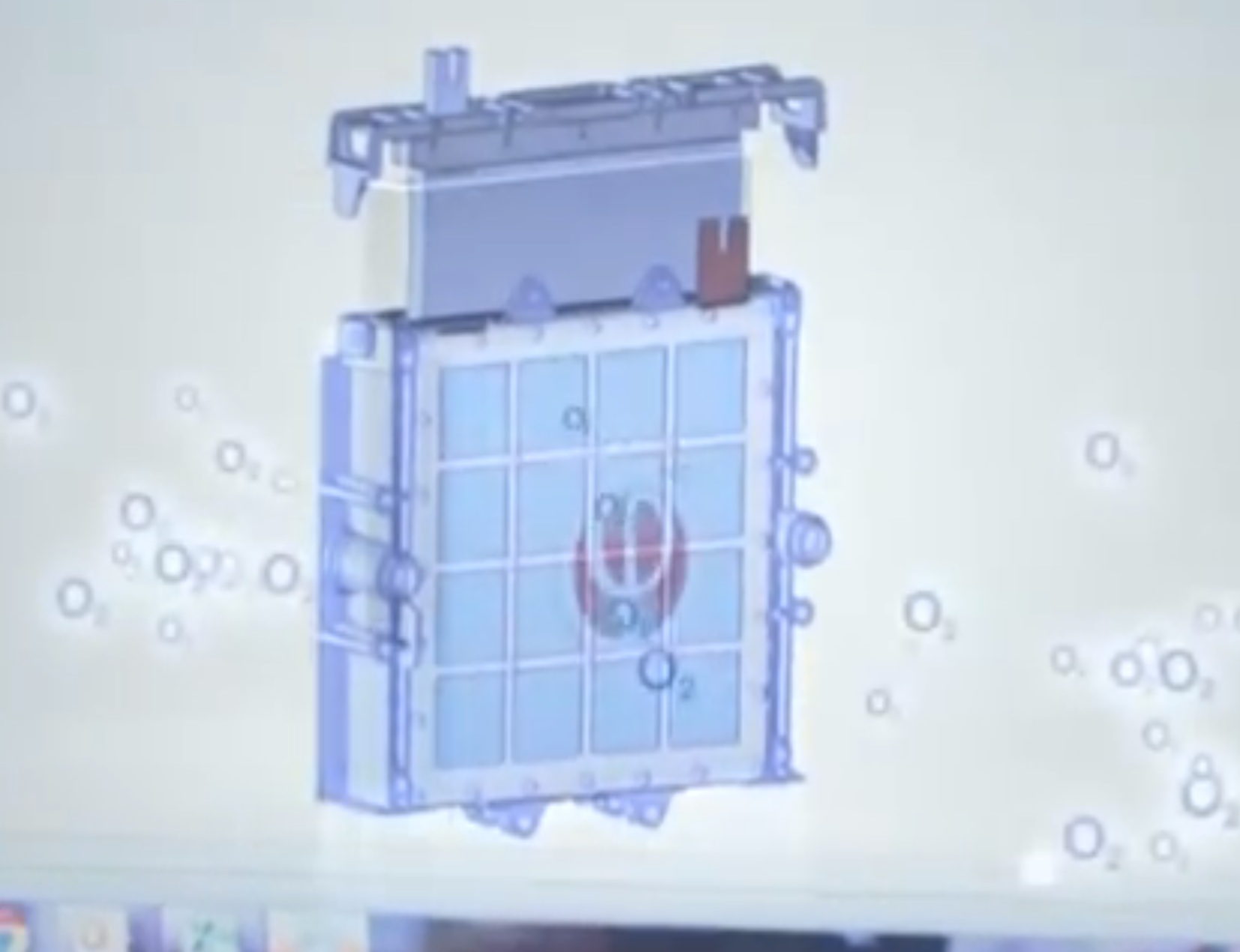A new “aluminum-air” battery developed by Israel-based Phinergy and Alcoa Canada can more than triple the distance electric cars can travel. The battery, shown to the public in Montreal this week, is made of panels that are mostly made of aluminum. By using the new battery on an “ordinary car” along with a car’s normal lithium-ion battery, the car can travel as far as 1000 miles.
Aviv Tzidon, CEO of Phinergy, told CBC Montreal’s Homerun, “We hope that this will increase the penetration of electric cars with zero emissions,” and added that the new battery should ease electric car drivers’ “range anxiety.” He said, “When you’re buying a car, you want to buy freedom. When you have a car which is limited in range, and you need to have infrastructure to [fast-charge it], you are losing this freedom.”
The battery for the Nissan Leaf only allows the car to go 83 miles; the battery for the Tesla Model S takes the car about 300 miles. This forces drivers to find high-voltage fast-charging stations to travel farther, and those stations are still hard to find.
Even the new battery’s weight is easier on the car than the Tesla Model S battery; the aluminum battery weighs approximately 220 pounds; the Tesla battery weighs over 1100 pounds.
The new aluminum batteries are initially charged from hydroelectric power coming from Alcoa’s smelter in Baie-Comeau, Que. The panels gain their energy from a chemical reaction that uses oxygen together with water poured into the car to transform aluminum into alumina. Normally aluminum is exposed to air has this reaction anyway, but the reaction is impeded from proceeding further by the alumina layer on the surface. The new battery has an electrolyte that dissolves the surface layer so the reaction can proceed without interruption.
According to Alcoa, if drivers refill the aluminum air battery with tap water every month or two, the chemical reaction can continue and the battery will work normally. When the batteries wear out, they can be replaced by charged batteries at a service station.
The developers assert that since the car would use its normal lithium-ion battery most of the time, only reverting to the aluminum-air battery once the lithium battery ran out of energy, and most drivers’ travel is less than 30 miles, the aluminum-air batteries would only need to be replaced once yearly.
Tzidon spoke at last Wednesday’s Canadian International Aluminium Conference and said that Phinergy and Alcoa are speaking with the Quebec government about a demonstration using a small number of vehicles.
Image: YouTube/Phinergy

COMMENTS
Please let us know if you're having issues with commenting.